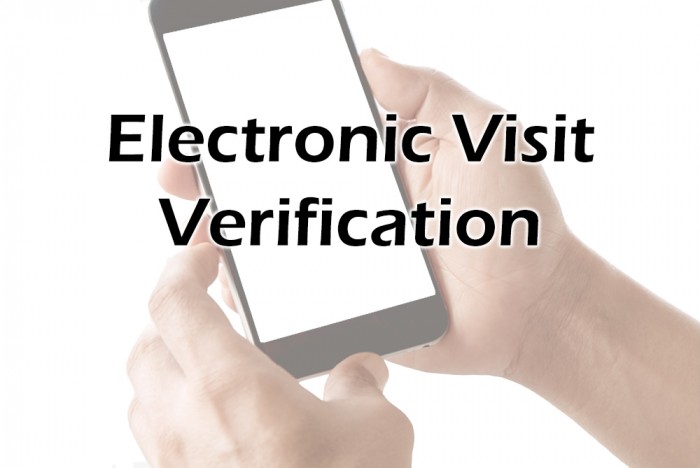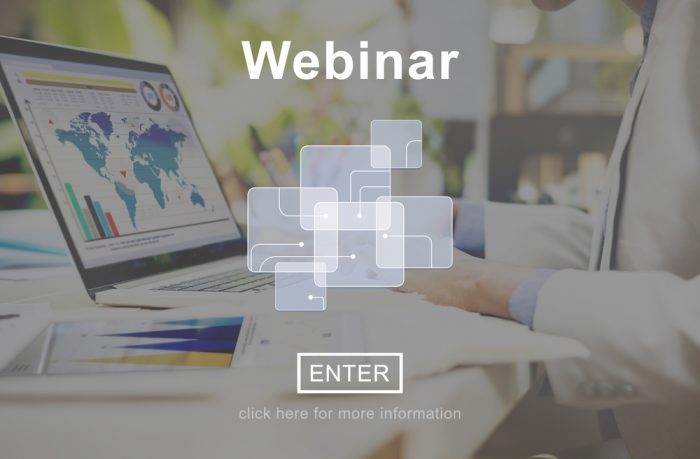Fady Sahhar
The Connection Between Physical and Behavioral Health – And How VBPs Can Incentivize Integrated Care Plans That Address Both
Inside Aging November 2022 Newsletter Now Available
REMINDER: Consumers Must Select a HealthChoices Plan by Aug 16
REMINDER
Message from the Department of Human Services (DHS)**
Pennsylvania’s Department of Human Services (DHS) is changing which Physical Health Managed Care Organizations (PH Plans) are available for Medical Assistance (MA) consumers. This is an opportunity for DHS to be sure that the program and our partners are continuing to strive towards improved access to care and superior quality of care and support provided by the PH Plans to MA consumers.
The PH plans available in your county may change. In some counties, your current MCO will no longer be available, and in others, you may have new options to pick from. If you have to select a new plan, DHS is committed to helping you find a plan that meets your individual needs, while also allowing you to keep your current health care providers. It’s important for you to consider what doctors, hospitals, or other health care providers are in a PH plan’s network.
This enrollment period is your opportunity to compare the health plan options in your region and choose the best plan for you.
Please note that the above information means that your agency needs to alert your consumers to the change so they can make an informed decision. Otherwise, they will be auto-assigned. Visit here for more details regarding which plans are available by county.
**Does NOT affect current Behavioral HealthChoices or
Community HealthChoices participants.**
Inside Aging August 2022 Newsletter is Now Available
PHLP to Host Virtual Information Session on Physical HealthChoices Plan Changes on August 10
The Pennsylvania Health Law Project (PHLP) will host a virtual information session on Wednesday, August 10 at 2:00 pm to review upcoming changes to the Physical HealthChoices program. Representatives from the PA Department of Human Services (DHS), PA Enrollment Services, and the Pennsylvania Health Access Network (PHAN) will be available to answer questions during the session. Space is limited, and registration is required.
Examples of the communications that DHS sent to plan participants are here (individuals who are required to change plans) and here (individuals who may but are not required to change plans).
Electronic Visit Verification Surveils Homecare Workers and Clients
Inside Aging June 2022 Newsletter is Now Available

DHS Webinar on Social Security Administration’s Ticket to Work Benefits Counseling — April 21
Message from the Office of Long-Term Living (OLTL):
The Pennsylvania Department of Human Services is offering a webinar on the topic of the Social Security Administration’s Ticket to Work Benefits Counseling, which provides individuals, their families, friends, and caregivers information relative to their benefits/services and competitive integrated employment. This overview will be presented by Ms. Joy Smith, AHEDD Work Incentive Planning and Assistance, Certified Work Incentive Coordinator, Regional Manager.
Office of Long-Term Living Service Coordinators, Direct Service Providers, CHC-MCO staff, and any individuals that work on employment are strongly encouraged to participate in this webinar on an overview of Benefits Counseling as it relates to the participants you serve.
The Overview of Benefits Counseling webinar is on April 21, 2022, from 10:00 am–11:00 am.
Please register using this register link. After registering, you will receive a confirmation email containing information about joining the webinar.
If you have questions, please contact Edward M. Butler or call 717-214-3718.
EVV Public Meeting Rescheduled for April 8, 2022
The Electronic Visit Verification (EVV) public meeting originally scheduled for Friday, March 18, 2022, has been rescheduled to Friday, April 8, 2022, from 1:00 pm–2:00 pm. Topics include updates related to DHS’s implementation of EVV.
Please register using this registration link. After registering, you will receive a confirmation email containing information about joining the webinar.















